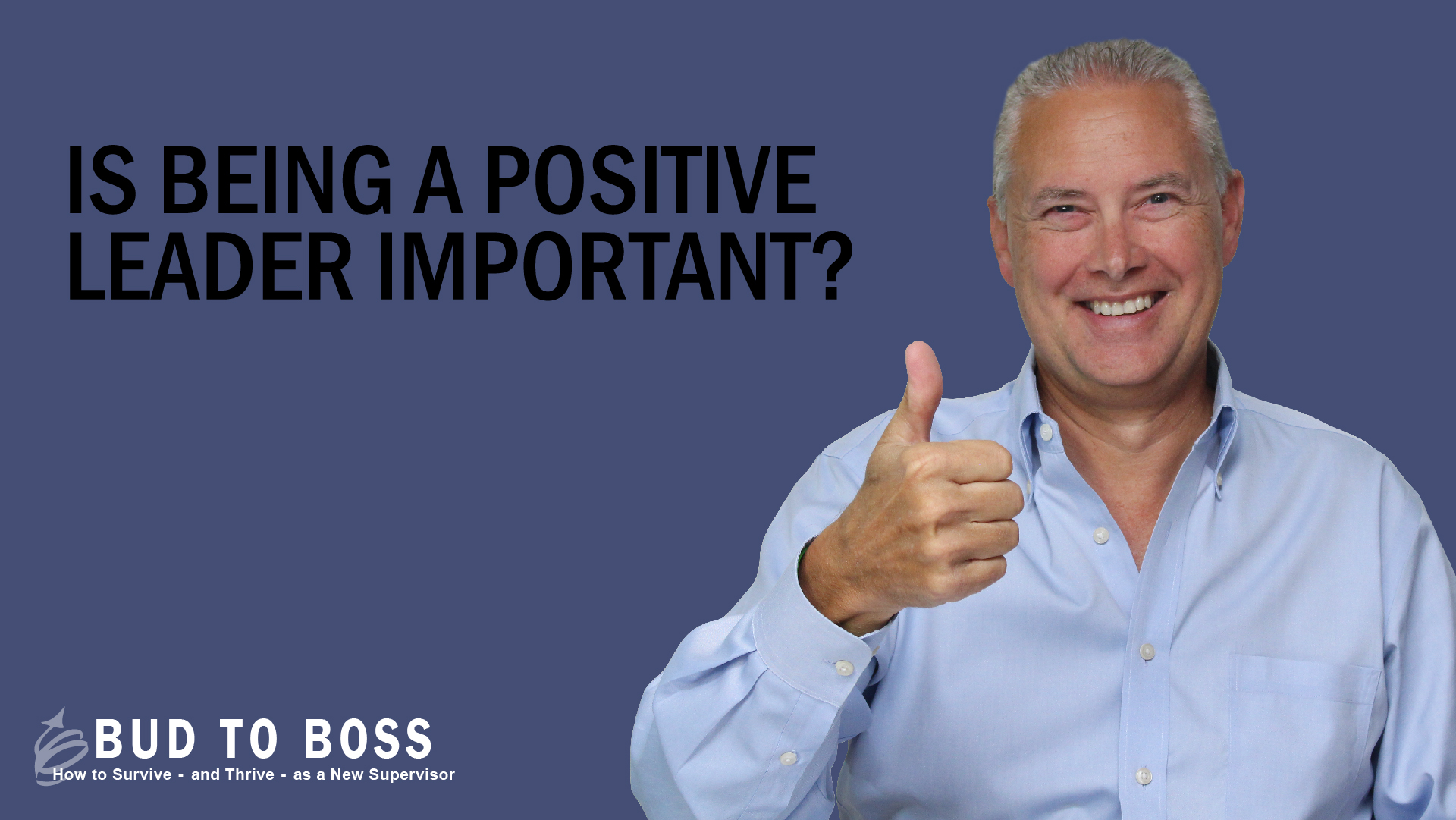By Kevin Eikenberry
You’ve got questions and we’ve got answers. Hi, I’m Kevin Eikenberry, answering the questions that new leaders ask us. Actually, it’s our goal to help all leaders become more confident, successful and, productive. And we do that here by answering the questions that leaders ask us. Today, I’m answering a question about being a positive leader. Are you ready? Let’s go.
The question gets asked like this. “Kevin, is being a positive leader important?” And what I found is my short answer is yes. But what I found is that sometimes people ask that as a way to say, Well, I’m not sure that I am. So how important is it that I become that or I’m really not positive? So how can I be a great leader?
Or they frame it like would you rather be led by cynical Sindy or positive Polly? Well, that’s kind of a silly thing because we go way out to the extremes. It’s not very helpful anyway. Right. So let’s forget the extremes and let’s go back to the core idea here. Here’s the question for you to consider, and that is, is enthusiasm contagious?
The answer is yes. And guess what? So is the opposite. And which contagion would you rather have spreading on your team? I’ve never had someone come to me and say, my team is so positive, I’ve got a problem. But I’ve had many times where someone comes to me and says, My team is so negative. How do I change it?
Right. So why is it that positivity from us as a leader and in our team is important? It’s important because it creates confidence when we are more positive, we are more confident. And when we as leaders are more confident excuse me, more positive with our teams, people become more confident about the future outcomes. Positivity builds morale. And most of us would like to have greater morale in our teams. And positivity is one of the best ways to do that.
Next, it shows support, right? If I’m coaching you, and I believe that you can be successful, I’ve got a more positive frame for the way that I coach you. Then you’re going to feel greater support from me and you’re going to have a greater confidence, likely going to be more successful.
And lastly, in times of change, in times of issues, in times of the unknown and uncertainties, when there’s a sense of positivity, it provides hope. And hope is a valuable thing. So here’s the thing. Here’s where people push back. They say, well, positive is fine, but I don’t want to be such that that people don’t see reality. You see, we can be positive and still be realistic.
So we must tell the truth. We must let people know what’s really going on. Not holding things back from them just because we don’t want them to worry. Right. And we must share the options. This could happen. Or this could happen. Or this could happen. Here’s where there are the things that face us. Your team deserve to, needs to know those things.
And in those moments, you may not feel all that positive. But you’re telling the truth. You’re being realistic, you’re being practical. And then plan for success. So you lay out all that and said, given that we’re going to head in a positive vein, we’re going to work toward positive outcomes. We’re going to work to navigate through the challenges and issues.
Right? So being positive as a leader doesn’t mean that you have to be a cheerleader with the pompoms and all that stuff. On the other hand, though, if you’re a grump and a cynic, you may have a team full of those. And I doubt that that’s what you want. Let me close with today’s tweet. The best leaders aren’t blind optimists, but they are more positive than negative.
Most of the time, hey, I hope you found this useful. Maybe you have a question you’d like me to answer. You can ask your question at info@budtoboss.com. You can put it in the comments. If you happen to be watching this on YouTube and you can get more resources at budtoboss.com and subscribe to future videos right here.
I hope you’ll do that. And when you do that, we’ll see you again in a future episode.


0 comments